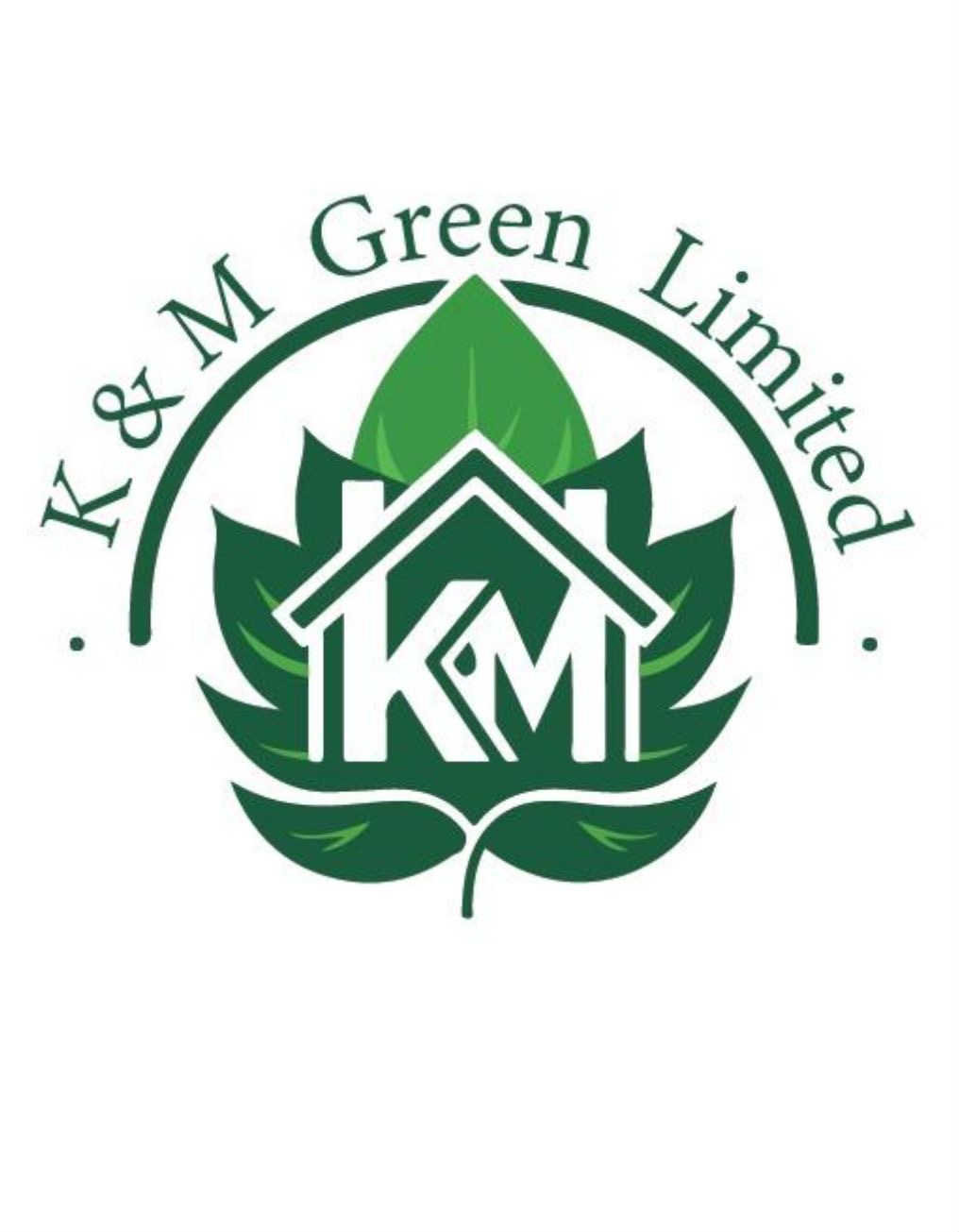In today's rapidly evolving business landscape, sustainability isn't just a buzzword—it's a strategic imperative. As companies strive to minimize their environmental footprint and align with global sustainability goals, effective waste management practices have emerged as a cornerstone of responsible corporate citizenship. Smart businesses recognize that efficient waste management not only reduces costs but also enhances brand reputation, attracts eco-conscious consumers, and fosters a healthier environment for all.
Why Waste Management Matters
Proper waste management goes beyond simply disposing of trash. It encompasses a comprehensive approach to minimize waste generation, maximize recycling and reuse, and ensure proper disposal of unavoidable waste. By implementing robust waste management strategies, businesses can:
1. Reduce Environmental Impact
Minimizing waste and increasing recycling rates significantly reduce greenhouse gas emissions, conserve natural resources, and protect ecosystems.
2. Lower Operational Costs
Efficient waste management cuts down on disposal fees, decreases procurement costs by utilizing recycled materials, and optimizes resource utilization.
3. Enhance Regulatory Compliance
Adhering to waste management regulations ensures legal compliance and avoids penalties, safeguarding the business's reputation and financial stability.
4. Boost Brand Image and Customer Loyalty
Consumers increasingly favor businesses committed to sustainability. Demonstrating responsible waste practices can enhance brand trust and loyalty among environmentally conscious customers.
Key Strategies for Smart Waste Management
Implementing effective waste management strategies requires a proactive and systematic approach tailored to the unique needs of each business. Here are key strategies that smart businesses can adopt:
1. Waste Audits and Assessment
Conduct regular waste audits to identify sources of waste generation, assess current practices, and set achievable waste reduction goals.
2. Source Reduction
Emphasize waste minimization through product redesign, packaging optimization, and operational efficiency improvements to reduce waste at its source.
3. Recycling and Composting Programs
Establish robust recycling programs for paper, plastics, metals, and other recyclable materials. Introduce composting initiatives for organic waste to divert it from landfills.
4. Procurement Policies
Adopt sustainable procurement practices by sourcing environmentally friendly products, prioritizing materials with high recyclability, and reducing single-use items.
5. Employee Engagement
Educate and engage employees through training programs, incentivize participation in waste reduction efforts, and foster a culture of sustainability within the workplace.
6. Technology Integration
Leverage technology solutions such as waste tracking software, IoT-enabled sensors for waste monitoring, and data analytics to optimize waste management operations and identify areas for improvement.
Incorporating sustainable waste management practices isn't just about compliance—it's about seizing opportunities for innovation, cost savings, and environmental stewardship. Smart businesses that prioritize waste management as a core component of their sustainability strategy are not only better positioned to thrive in a competitive market but also contribute positively to a cleaner, healthier planet.

